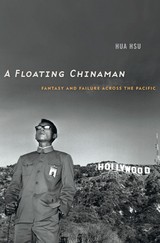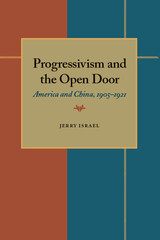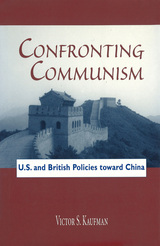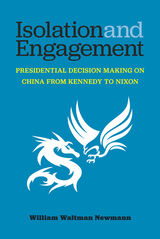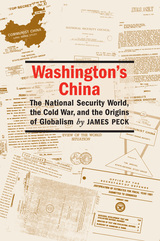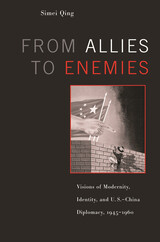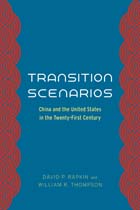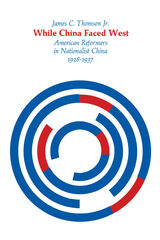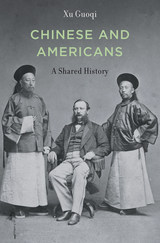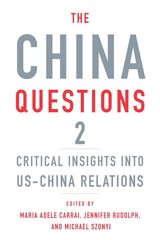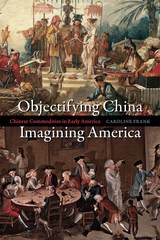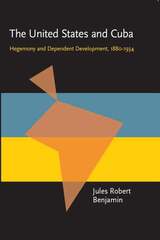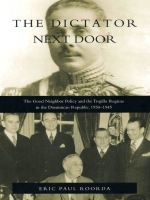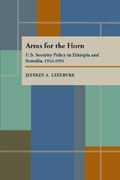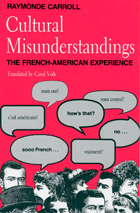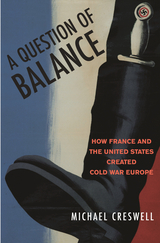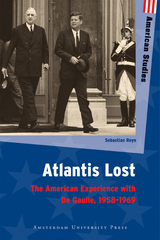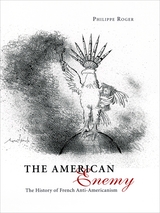In Search of Justice: The 1905-1906 Chinese Anti-American Boycott
Harvard University Press, 2001
Cloth: 978-0-674-00655-3
Library of Congress Classification E183.8.C5W3425 2001
Dewey Decimal Classification 382.095107309041
Cloth: 978-0-674-00655-3
Library of Congress Classification E183.8.C5W3425 2001
Dewey Decimal Classification 382.095107309041
ABOUT THIS BOOK
ABOUT THIS BOOK
How could late Qing China, a country bound largely by parochial ties of family, clan, and native place, produce a nationwide mass movement? Was this popular outburst symptomatic of a domestic "nationalist awakening," as historians of modern China claim, or a result of pressure from Chinese overseas suffering under harsh U.S. immigration laws, as students of American history contend? In considering these vying explanations for the boycott of American products, Wang identifies a coalition of interests that came together to shape the movement's strategy, objectives, and outcome. He explores the larger structural and organizational resources available to boycott organizers and participants and the role of this common experience in laying the groundwork for later reform and revolutionary movements.
See other books on: Anti-Americanism | Chinese Americans | Foreign economic relations | Justice | Search
See other titles from Harvard University Press

